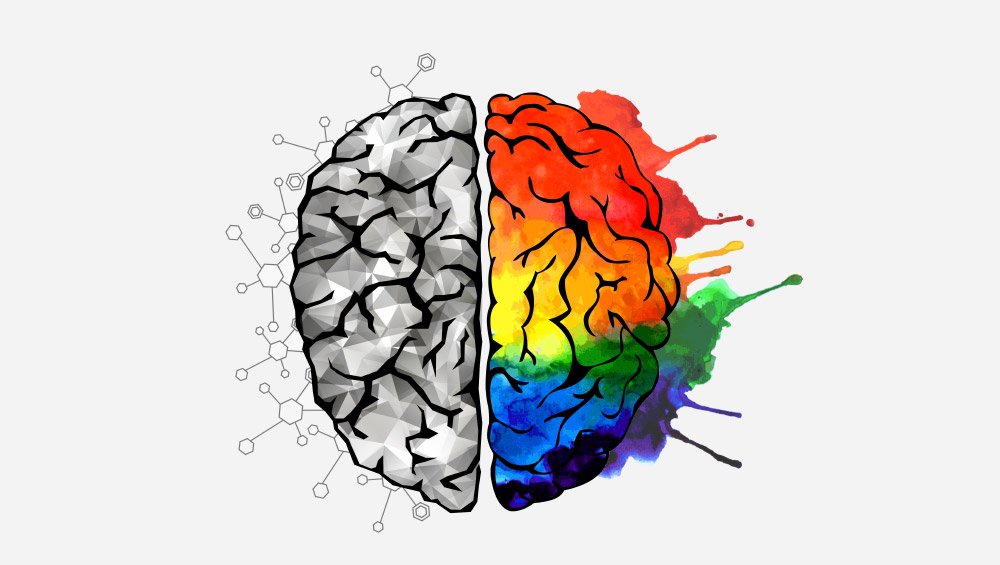Research
My research explores two broad themes: 1) meaningful work and 2) creativity in organizations. I explore how individuals and groups navigate the tensions, challenge, and struggles which come from pursuing worthwhile work and developing original ideas. I’m especially interested in how these phenomena play out over time (e.g., across projects, over a career). My research generally relies on qualitative field methods.
You can find my current CV here.

